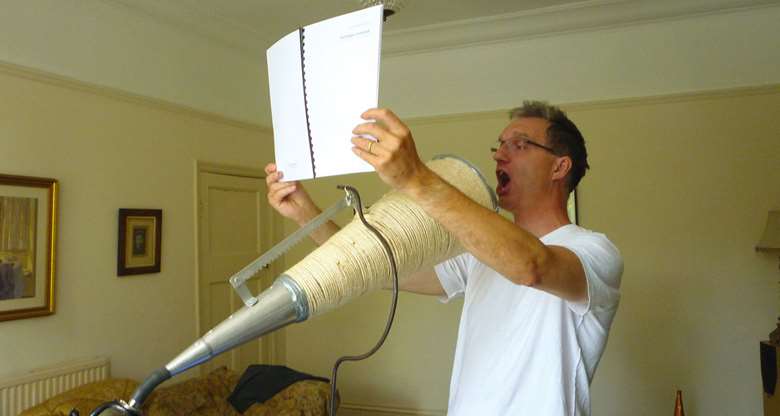Contemporary composer: Christopher Fox
Philip Clark
Thursday, March 16, 2017
Philip Clark champions a British composer whose music is impossible to categorise

Register now to continue reading
Thanks for exploring the Gramophone website. Sign up for a free account today to enjoy the following benefits:
- Free access to 3 subscriber-only articles per month
- Unlimited access to our news, podcasts and awards pages
- Free weekly email newsletter







